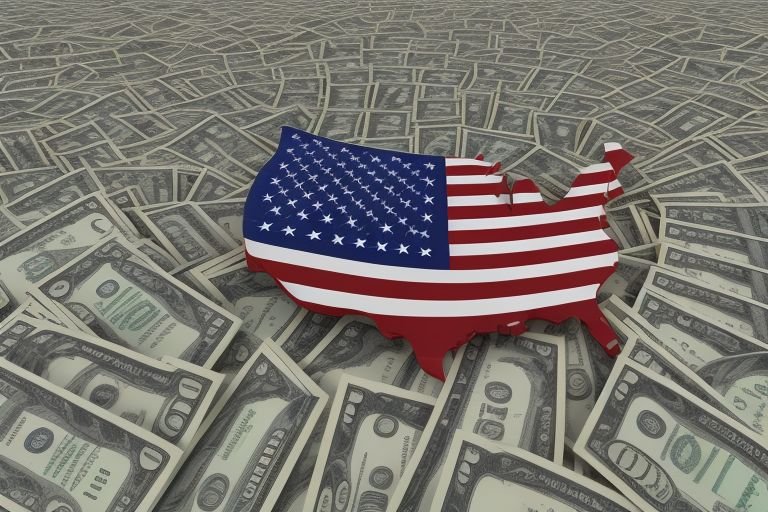September saw the US labor market defy expectations in a delightful manner as employers added 275 000 jobs, way above the consensus mean. This rather solid employment growth is evident despite the Federal Reserve’s persistent to raise the interest rates to cool down the demand on the economy and curb inflation.
The Labor Department reported that the unemployment remained at 3.8 percent in its latest report. The job additions were across sectors and key gains were noted in the sectors of healthcare, Professional and Business services, and leisure and hospitality etc. The construction area also posted a healthy increase, adding 23,000 jobs while many are aware that the increased mortgage rates may lessen the housing sectors.
The hourly wage increased by 0.3% in the prior month and by 4.2% on a year ago basis suggesting that while wages continue to grow at a robust pace they are not showing signs of outstripping inflation. This evidence indicates that the labor market is reaching an optimal condition – strong enough to propel the consumer expenditure but not so favorable to push the wage rates up abnormally.
The released September jobs data have increased the contingent of economists and monetary policymakers’ disputes over the prospect of monetary policy. Using the large number of available jobs some analysts believe that the Federal Reserve has space to keep interest rates high thus keeping inflation further reduced. Some argue that the declining wage growth supports their view that the current policy is appropriate and the Fed may not need to tighten the policy further.
On the stock exchange, the WSJs remained high while the various stock indices were up as investors welcomed the information as an indicator for the economy strength. The S&P 500 was up 1.2% in morning trade and the Nasdaq Composite 1.5%.
Still, the problems has not left the US economy. Forcing the return to student loan repayments, the costs of energy, and continuing tensions in geopolitics and their resultant effects can all shape the spending of consumers and investments adopted by firms in the coming months. Also, the fact is that the threat of a government shutdown for most corporations arises in case no budget settlement is achieved in Congress; it will negatively impact the economy and data releases.
Independent companies, which are thought to be the engine of the American economy, shared middle-of-the-road emotions. Yet many are positive about the high consumer demand for the products, they equally speak of high costs and challenges of sourcing competent workforce. According to the NFIB, 40% of small business owners increased pay in September, close to the highest levels observed.
In the future, economists will be eager to see new inflation reports to know if the tight labor market leads to the growth of inflation rates. Next week’s release of the Consumer Price Index (CPI) for September will be a sensitive barometer for both policy makers and markets.
While it is the holiday shopping season, there is that tiny speck of assurance when it comes to spending money. High-profile retailers have said they will take on temporary staff for the Christmas period although not in the same numbers as in the past due to the downturn and increased rationalisation of staffing levels.
Telecommunications and technology companies, which have experienced waves of layoffs in the last twelve months or so, seemed to have levelled off. Several chief technology officers have either placed a halt on their firing sprees or are choosing to hire in certain areas such as artificial intelligence and cybersecurity.
Therefore the September jobs report shows a strong American economy that is still going against all predictions of a slowdown. That is a relative strength since it puts a brake on recession concerns but a concern for those who wish to achieve solid economic growth without compromising the stability of prices. These issues are likely to continue to dominate discussions and even policies as the year unfolds: the relationship between job additions, increased wages, and rising inflation.

